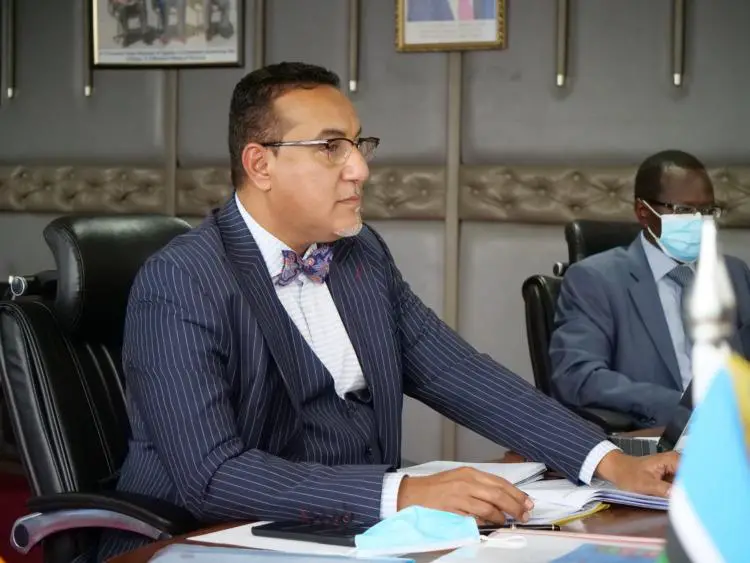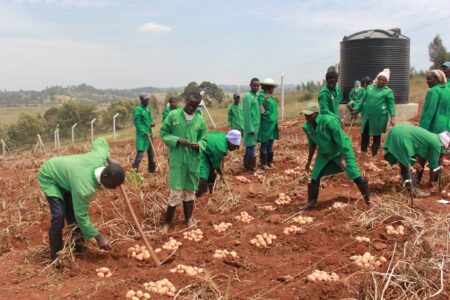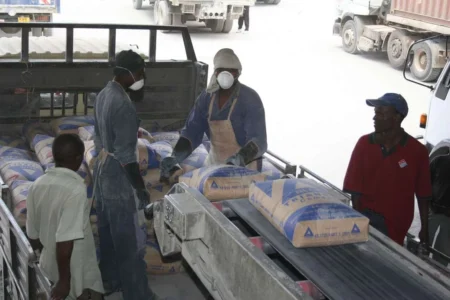A plan seeking to revive tourism in East Africa has been approved, following the negative impact of the coronavirus pandemic on the sector.
Dubbed ‘The EAC Regional COVID-19 Tourism Recovery Plan’, the map was approved by the East African Community Sectoral Council led by Kenya’s Cabinet Secretary for Tourism and Wildlife, Najib Balala.
Tourism ministers from the East Africa Community noted that some partner states had already instituted measures such as the formulation of stimulus packages aimed at re-igniting the sector and supporting tourism investments including the Small and Micro Enterprises.
In his opening remarks, Balala underscored the importance of the Partner States working together especially in addressing the impact of the COVID-19 pandemic on the sector and in joint tourism recovery efforts.
“The COVID-19 pandemic has taught all of some really important lessons. For instance, domestic and regional tourism markets are really important and they can help in making the tourism sector resilient in case of future disasters and pandemics,” he said during the virtual meeting.
“The pandemic has revealed that we can use technology to connect with each other and have meetings such as this. It is therefore really important that we invest heavily invest in infrastructure and connectivity,” he added.
On his part, EAC Secretary General Peter Mathuki said that the tourism sector was one of the most important areas of cooperation for EAC owing to its contribution to the economies of the Partner States in terms of GDP with about 10 percent, export earnings at 17 percent and jobs at about 7 percent.
He however noted that the travel and tourism sector, globally, was affected by the COVID-19 pandemic more than any other economic sector.

“Based on statistics reported by the Partner States, as a region, we lost close to 70 percent of international tourist arrivals in 2020 coupled with massive losses in tourism earnings and tourism-related jobs. The signs this year are still bleak given the recurrent waves of the pandemic that result in the imposition of unpredictable measures and restrictions by Governments around the world from time to time,” said the Secretary-General.
Dr. Mathuki said that whereas the Partner States had initiated tourism recovery efforts, it would really be helpful for the region to come together to implement joint actions aimed at the recovery of the sector as well as laying a strong foundation for its future development.
read: How Kenya plans to revive ailing coffee industry
Speaking at the same event, the EAC Deputy Secretary-General in charge of the Productive and Social Sectors, Christophe Bazivamo, said that strengthening the intra-regional tourism was now imperative given the fact that this segment was resilient and likely to recover faster than the overseas markets.
“Bolstering of both domestic and regional tourism can help keep the tourism industry afloat, therefore, sustaining the much-needed jobs and income along the entire tourism value chain,” said Bazivamo.
While approving the guidelines, the ministers agreed that there was a need for a collective and coordinated approach towards tourism recovery that entails interventions aimed at reinforcing the measures being developed and implemented at national levels.
They further considered and approved the draft regional guidelines for the resumption of services in the tourism sector and hospitality establishments.
Additionally, the ministers agreed that there was a need for EAC harmonized guidelines for the resumption of the tourism and hospitality services in the region.
It was also observed that the regional guidelines would help in ensuring coherence in the resumption of tourism services and help in rebuilding trust and confidence with international tourists visiting the region.
They also considered and approved the draft Regional Tourism Marketing Strategy, which seeks to position the EAC region as the best and most affordable regional tourism destination in Africa.
Among the strategic directions and the corresponding strategic actions in the EAC, Tourism Marketing Strategy are to develop regionally and internationally competitive multi-destination tourism products.
The strategy also includes positioning and marketing EAC as a leading regional tourism destination in Africa and branding East Africa as a leading tourism destination.
More includes enhancing the marketing policy and institutional framework, and, enhancing EAC Tourism Marketing and Promotion Financing.
The Ministers also agreed to establish the annual EAC Regional Tourism Expo (EARTE) with the aim of improving the visibility of the region and marketing it as a single tourist destination.
The council decided that the United Republic of Tanzania hosts the 1st EARTE in October 2021.
How the EAC is promoting economic growth while fighting a pandemic











